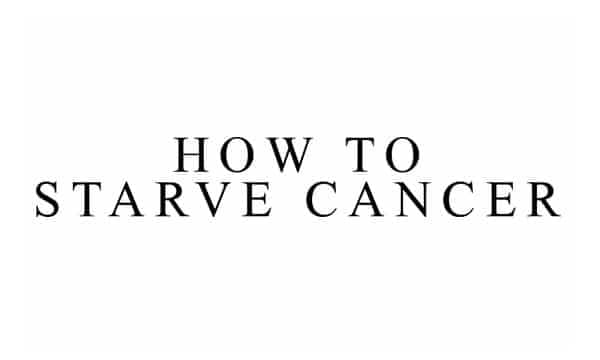Nonsteroidal anti-inflammatory drugs (NSAIDs) are used to reduce inflammation, with notable benefits in increasing survival and reducing risk of several types of cancer; however, expert consensus is that the risks of harm from using these drugs long-term are greater than the benefits for prevention against cancer for many people.
Affordability and access
Prescription required?
Low-dose versions of ibuprofen (Advil, Motrin) and naproxen (Aleve and other brands) are widely available without a prescription but should be used for only for up to 10 days without seeing a doctor.1The Benefit and Risks of Pain Relievers: Q & A on NSAIDs with Sharon Hertz, MD. US Food and Drug Administration. September 24, 2015. Viewed September 28, 2021. See further cautions in Safety and precautions ›
Of the NSAIDs reviewed here, these require a prescription in the US:
- Celecoxib (Celebrex)
- Diclofenac (Cambia and other brands)
- Ibuprofen (at higher doses)
- Indomethacin (Indocin, Tivorbex)
- Ketorolac (Acuvail, Acular LS, Acular, and ReadySharp)
- Sulindac (Clinoril)
Other names and brands
You may find NSAIDs under these alternate names and brands:
| Generic name | Brand name(s) |
|---|---|
| Celecoxib | Celebrex |
| Diclofenac | Cambia, Cataflam, Dyloject, Flector, Pennsaid, Solaraze, Voltaren, Voltaren-XR, Voltarol, Zipsor, Zorvolex, Arthrotec (combination with misoprostol) |
| Ibuprofen* | Advil, Advil Dual Action (with acetaminophen), Caldolor, Children’s Advil, Children’s Elixsure IB, Children’s Motrin, Ibu-Tab, Ibuprohm, Motrin IB, Motrin Migraine Pain, Profen, Tab-Profen, Duexis (combination with famotidine), Reprexain (combination with hydrocodone), Vicoprofen (combination with hydrocodone) |
| Indomethacin | Indocin, Tivorbex |
| Ketorolac | Sprix |
| Naproxen* | Aleve, Anaprox, Anaprox DS, EC-Naprosyn, Naprelan, Naprosyn, Treximet (combination with sumatriptan), Vimovo (combination with esomeprazole) |
| Sulindac | Clinoril |
*Many over-the-counter (OTC) products contain this drug.
Where to access
- Pharmacies for prescription drugs
- Drug stores
- Grocery stores
- Convenience stores
- Online drug stores
Affordability
- Prices are generally low to moderate (between $500 US and $2000 US/year), and costs for prescription drugs may be covered by insurance.
Helpful link

Jane McLelland’s Metro Map Protocol includes use of off-label drugs such as NSAIDs and includes a directory of doctors trained in this protocol.
References
